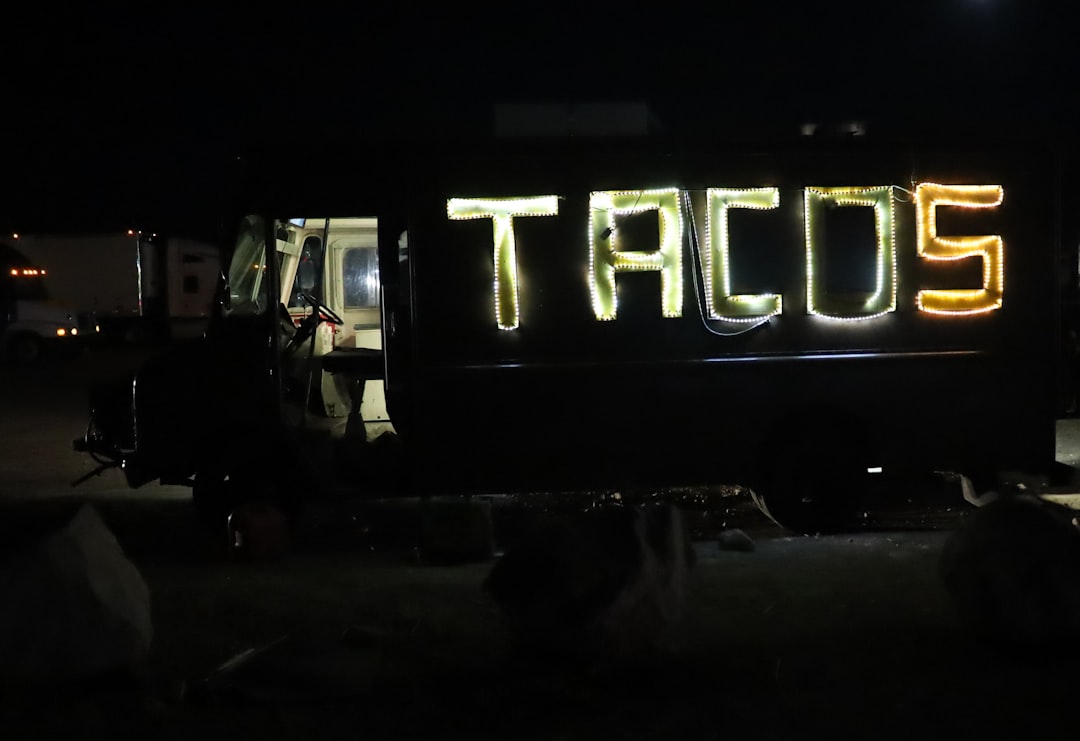In Nevada, both state and federal laws protect consumers from aggressive telemarketing. The Do Not Call List (DNC) allows residents to opt-out of unwanted sales calls, and violations can result in penalties. To identify legitimate calls, be alert to red flags like urgent language or false claims. Verify caller identity by researching their number and company online or through official listings. If persistent telemarketing occurs, register for a do-not-call list, use call-blocking features, and consult a Nevada 'Do not call lawyer' for guidance on protecting your data.
In Reno or anywhere in Nevada, recognizing legitimate telemarketing calls is crucial to avoid falling prey to scammers. With an abundance of ‘do not call’ laws and regulations in place, including those targeting lawyers and law firms, understanding the red flags and verification steps can protect you from unwanted and potentially fraudulent calls. This guide navigates through identifying scams, verifying authenticity, and protecting yourself from unsolicited legal telemarketing.
Understanding Telemarketing Laws and Regulations in Nevada

In Nevada, telemarketing practices are regulated by both state and federal laws to protect consumers from aggressive or deceptive sales calls. The Do Not Call List (DNC) is a powerful tool available to residents of Reno and across Nevada. This list allows individuals to opt-out of receiving unwanted phone calls from telemarketers. It’s important to note that businesses must obtain written permission before calling numbers on the DNC list, and those who violate these rules may face penalties.
If you receive a telemarketing call and are unsure about its legitimacy, there are steps you can take. First, look for any identifying information shared by the caller, such as the company name or purpose of the call. You can then verify the source independently by searching online or contacting relevant state agencies. If the call appears suspicious, report it to the Nevada Attorney General’s Office, which actively monitors and investigates telemarketing complaints, including those related to the “Do not call” laws. Additionally, consider putting your number on the national Do Not Call Registry to restrict calls from both telemarketers and debt collectors. Remember, a lawyer for Do Not Call Nevada is not always necessary, but knowing your rights and taking proactive measures can help ensure peace of mind.
Identifying Red Flags: Common Tactics Used by Scammers

When identifying legitimate telemarketing calls, it’s crucial to be alert and recognize potential red flags. Scammers often use urgent or threatening language, claiming you’ve won a prize or have a legal issue that requires immediate attention. They might pretend to be from reputable organizations like law firms or government agencies, urging you to act fast by providing personal or financial information over the phone. Another common tactic is the “do not call” scams, where you’re contacted after registering on the National Do Not Call List, claiming errors or special offers that are too good to miss.
Be wary of calls asking for payment in advance, demanding immediate bank transfers, or threatening legal consequences if you don’t comply. Legitimate businesses and organizations will rarely ask for sensitive information over the phone or demand rushed decisions. Remember, if something seems too good to be true or too urgent, it’s a good indication that it might be a scam. Always verify the caller’s identity by contacting them through official channels or consulting trusted sources, especially when dealing with legal matters as implied by phrases like “do not call lawyer Nevada” or similar variations.
Verifying Legitimacy: Steps to Confirm a Call's Authenticity

When dealing with telemarketing calls, it’s vital to verify their legitimacy, especially when receiving unexpected or suspicious ones. Here’s how you can confirm a call’s authenticity:
1. Research the Caller: Check online for any official listings of the caller ID number. Reputable companies often have verified business profiles on trusted websites or government-maintained databases. Look up the company name and contact details to ensure they match the information provided during the call. Additionally, search for any ‘Do Not Call’ registrations related to these entities in Nevada, as this can be a red flag if your number is registered.
2. Directly Question the Caller: Ask direct questions about their services or products. Legitimate telemarketers should be prepared with accurate information and willing to answer your queries. If they provide vague or evasive responses, it could indicate a scam. Verify their request for personal information, too; reputable companies often have specific procedures for handling customer data, so an unusual demand for sensitive details might signal a fraudulent call. Remember, never share private information over the phone unless you initiate the conversation and are certain of the caller’s legitimacy.
Protecting Yourself: What to Do If You Receive an Unwanted Call

If you find yourself receiving unwanted telemarketing calls in Reno, it’s important to know your rights and how to protect yourself. The first step is to refrain from engaging with the caller or providing any personal information. In Nevada, there are strict regulations regarding do-not-call lists, which can help filter out unsolicited calls from law firms, attorneys, or lawyers.
You can register for a do-not-call list by contacting the Nevada Attorney General’s office or through recognized national registries. Additionally, many phone service providers offer call-blocking features that can help you avoid these unwanted interactions. If you’ve already shared sensitive information, consider reaching out to a lawyer specializing in privacy rights or consumer protection in Nevada (Do not call Lawyer Nevada, Do not call attorney Nevada, etc.) for guidance on protecting your data and stopping future intrusions.






